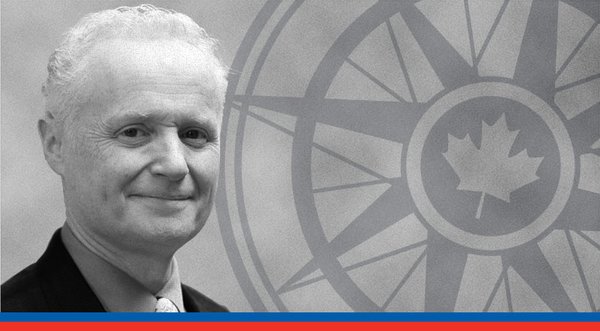This is the first in a wonderful series of articles in The Australian by Noel Pearson, an Australian Aborigine and the Director of the Cape York Institute for Policy and Leadership. Mr Pearson is clearly part of a world-wide awakening among young Aboriginal leaders questioning whether the social service state can really solve the problems of Aboriginal peoples, as opposed to Aboriginal people rising up and taking their own fate in their hands. Every word in this series applies with equal justice to the deplorable plight of Aboriginals in Canada. As Mr Pearson writes:
What my opponents and sceptics from the Left have failed to understand is that when we talk about disempowerment being the singular and devastating feature of Aboriginal Australia, we mean that our people have had their responsibilities taken away from us. Responsibility is power. If we want our people to be empowered, then we need to take back the responsibilities that the welfare state has stripped away from us.”
Noel Pearson’s original article generated a plethora of mostly predictable commentary of the type “Non-Aboriginal Australians would love to have the kind of all encompassing tax-financed welfare services that Aboriginals enjoy.” Pearson’s rebuttal, also in The Australian a few days later, is a joy to read:…
There is no freedom of private choice and action when governments have assumed responsibilities that are normally undertaken by responsible parents and individuals. That government intervention has crowded out the responsibilities of individuals, families and communities is my point.
It is a misinterpretation of history to say that service provisioning followed a lack of responsibility. Aboriginal people never chose welfare as the basis of their inclusion in the country’s citizenship. They wanted equal wages, not welfare. They wanted a hand-up, not a handout. They wanted freedom from discrimination and racism.
But the welfare state regarded Aboriginal people as helpless and hopeless. It has never had any expectations of Aboriginal people. Or disadvantaged people generally. That is why it has stepped into their lives to such an extraordinary degree.


